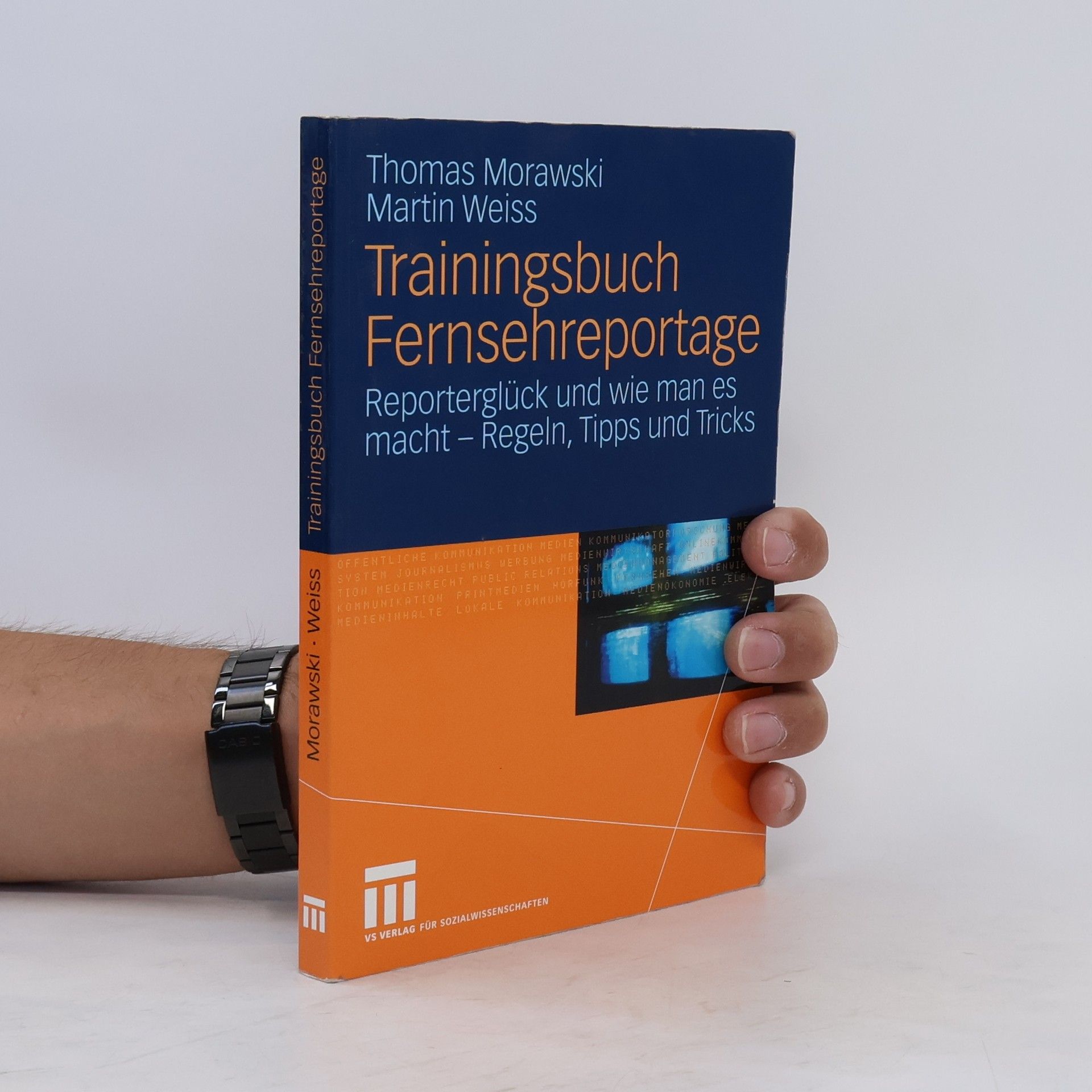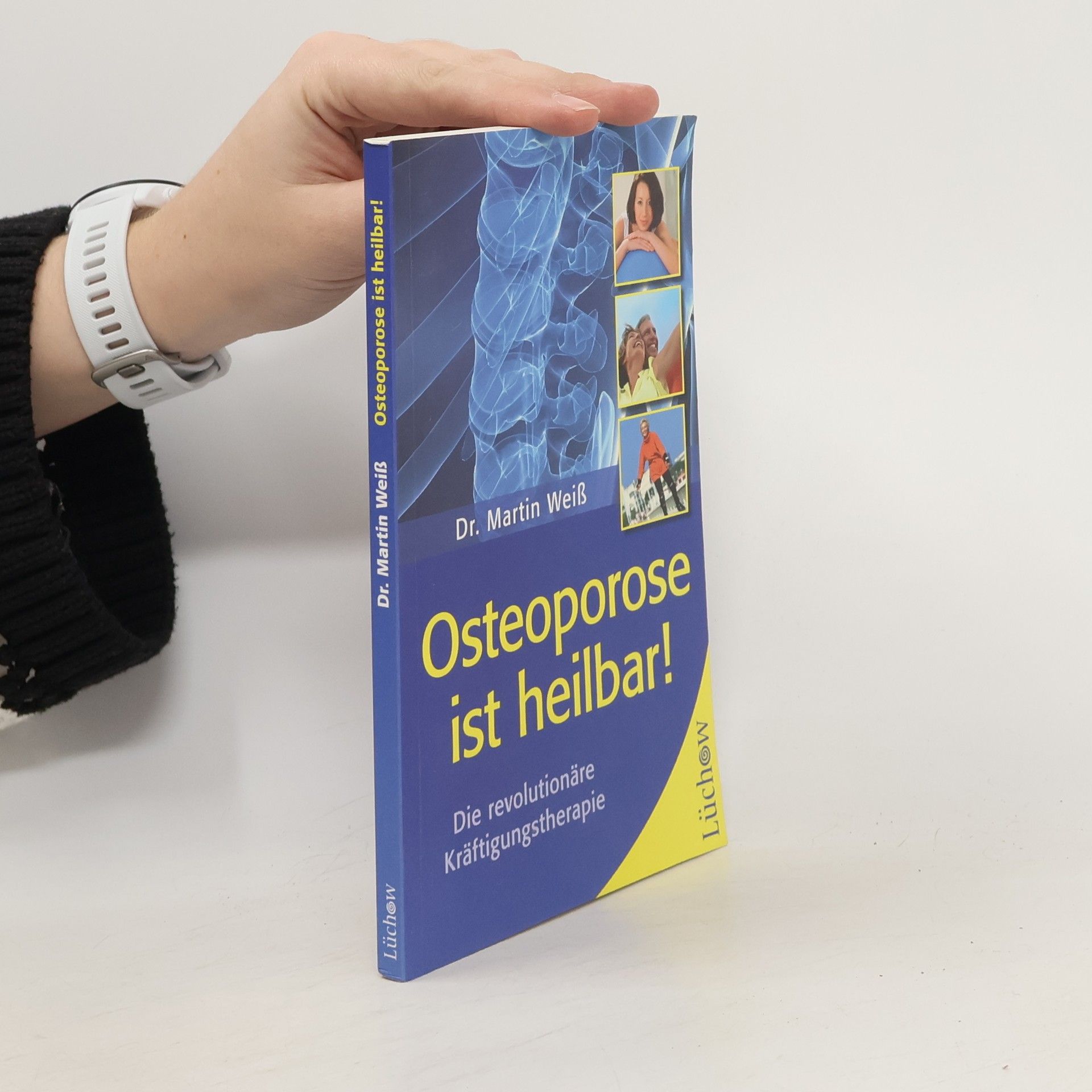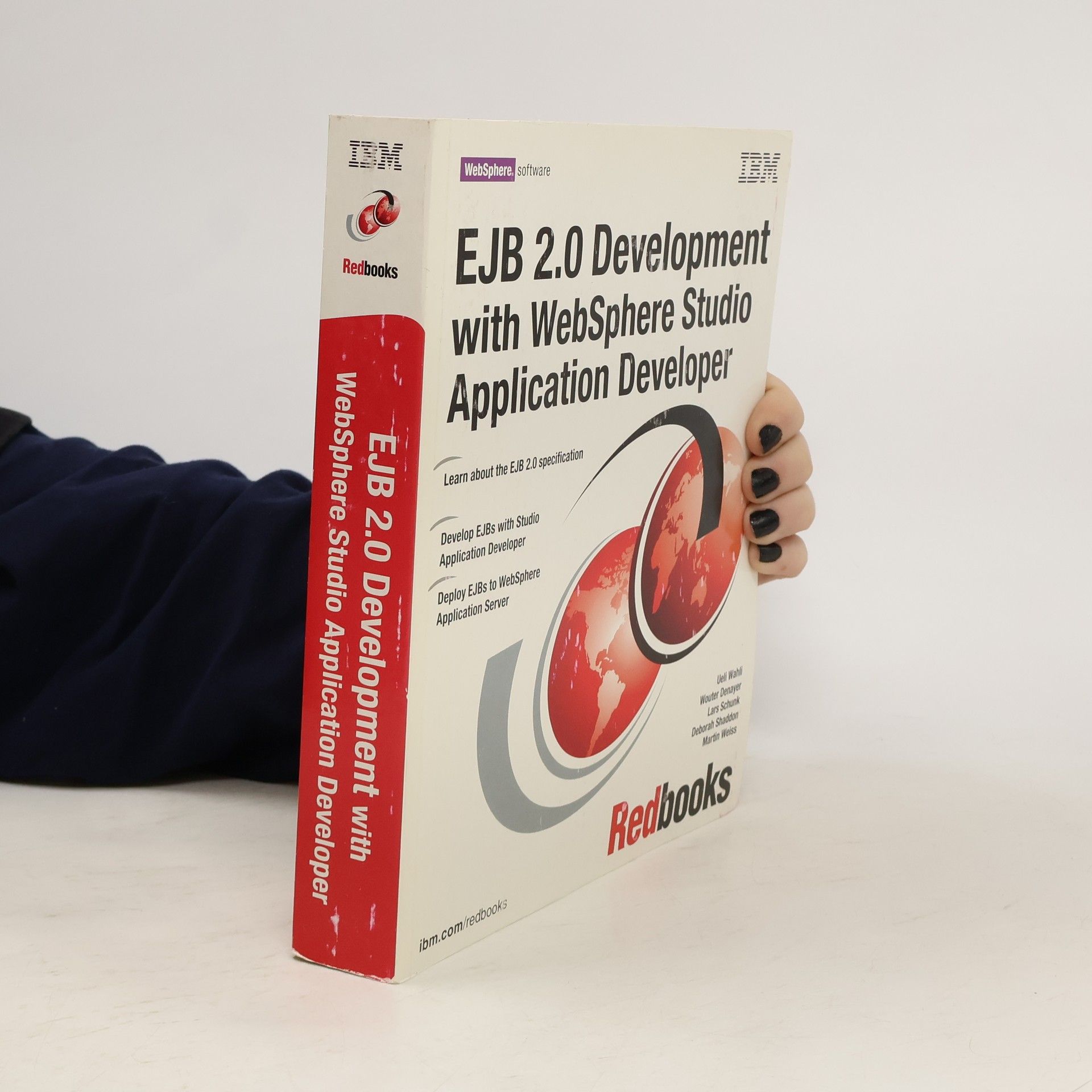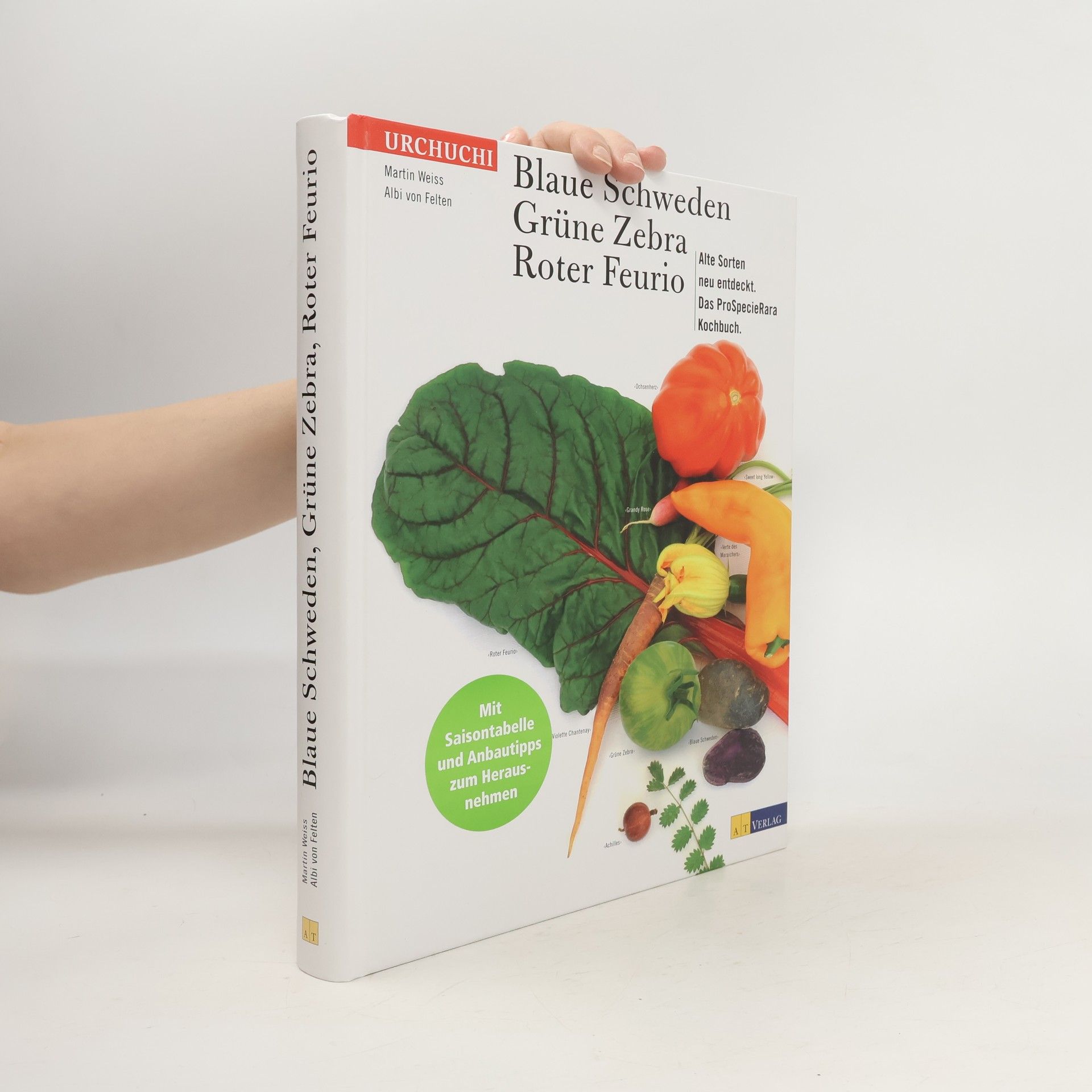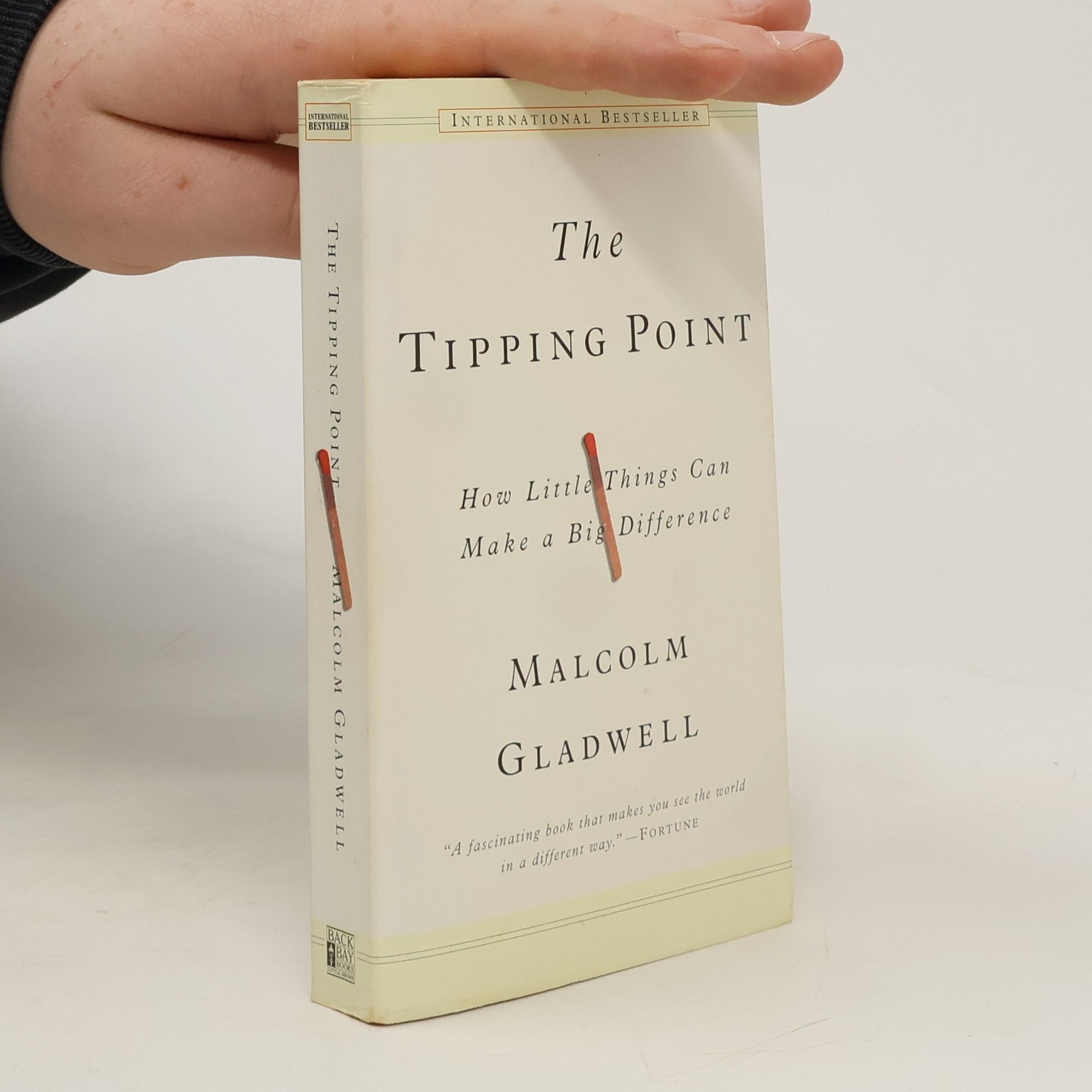Starke Füße
Das Programm für kraftvolle, bewegliche und schmerzfreie Füße
Was hilft gegen Fußschmerzen? Haben Sie schmerzhafte Füße und jeder Schritt ist eine Qual? Fühlen Sie sich bereits in Ihren Bewegungen eingeschränkt oder möchten Sie präventiv etwas tun? Füße sind das Gerüst auf dem wir gehen und stehen. Mit zunehmendem Alter leiden viele Menschen an schmerzhaften Füßen. Ob Schmerzen in der Fußsohle, im Fußballen, schmerzende Füße bei Belastung oder auch in Ruhephasen – die Ursachen und Symptome sind vielfältig. Durch Muskelschwund und überstrapazierte Plantarfaszien sinken die Fußgewölbe ein. Viel zu oft bildet sich neben Senk- und Spreizfüßen eine Fehlstellung der Großzehe (Hallux valgus) und sehr häufig sind komplexe Fußblockaden Ursachen hartnäckiger Schmerzen. Dr. Martin Weiß stellt Ihnen zahlreiche Informationen, sowie Übungen zum Erhalt der Fußgesundheit und zur Heilung von Fußkrankheiten zur Verfügung und gibt Ihnen wichtige Tipps zum Tragen von Barfußschuhen. Die Auswirkungen des Barfußgehens sind so tiefgreifend, dass sie sich mit der innovativen Fußdruckanalyse eindrucksvoll nachweisen lassen. „Ich wünsche Ihnen, liebe Leserin und lieber Leser, gesunde Füße und geschmeidige Fußgelenke. Erfahren Sie hier, wie Sie und Ihre Kinder die Füße gesund halten können und machen Sie Ihre ganz persönliche Gesundheitsreform! Es lohnt sich.“

